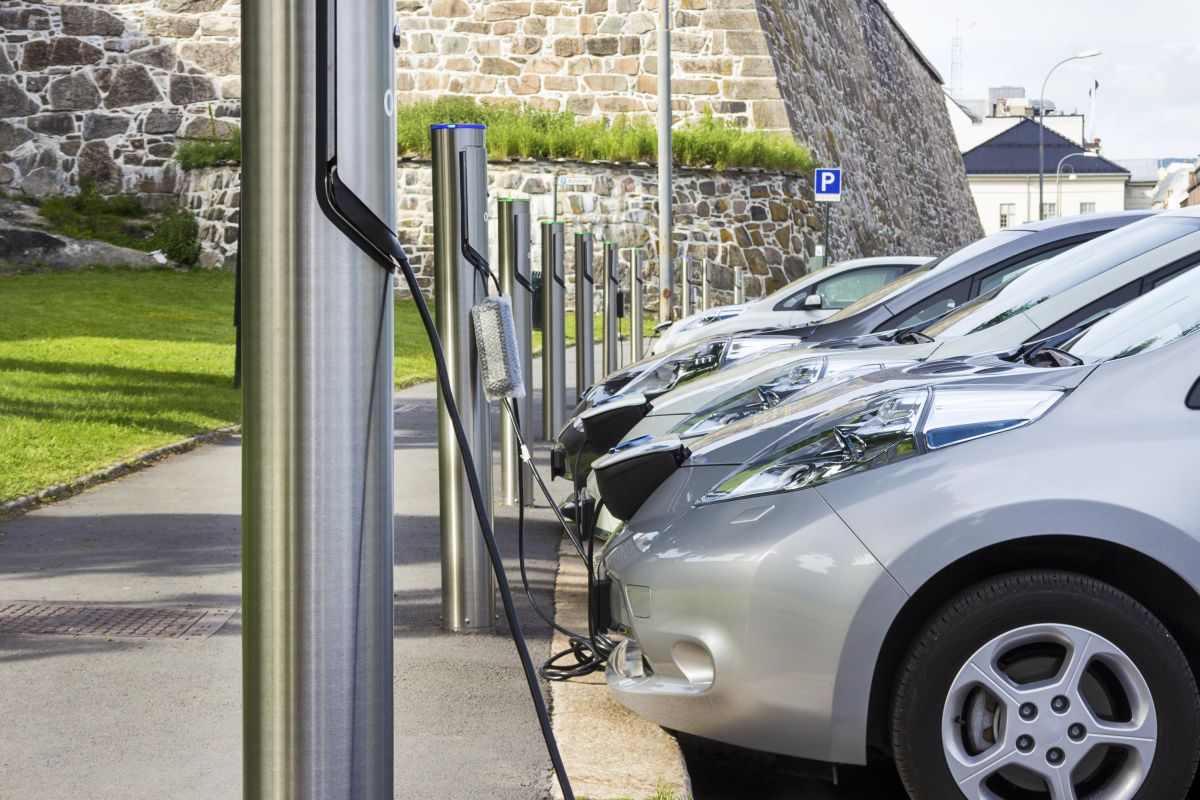The U.S. Senate voted late May 21 to nullify California’s authority to enforce its own electric vehicle (EV) mandates, revoking a federal waiver that had long empowered the state to set stricter-than-federal emissions standards under the Clean Air Act.
The vote, which passed 51-44 largely along party lines, marks a sharp break from more than 50 years of environmental policy and threatens the future of the state’s landmark plan to ban the sale of new gas-powered vehicles by 2035.
California’s rules, which were approved by the Biden administration’s Environmental Protection Agency (EPA) through waivers granted in 2023 and 2024, required 35% of new cars sold in the state to be zero-emissions by 2026, ramping up to 100% by 2035. The rules were seen as central to the state’s effort to combat climate change and address its persistent air pollution—the worst in the nation.
“This is a major blow to the decades-long public health protections delivered under the Clean Air Act,” said Will Barrett, senior director for nationwide clean air advocacy at the American Lung Association.
Eleven other states and Washington, D.C., had adopted California’s electric vehicle mandate. Overturning the waiver also places in jeopardy two additional California regulations approved by the EPA: the Advanced Clean Trucks rule, targeting diesel emissions, and a 2020 rule to reduce nitrogen oxides, a major component of smog.
Opponents of the mandate, including Senate Republicans and a handful of House Democrats, argued the rules are economically burdensome and technologically unrealistic. “America can’t meet these impossible standards,” said Sen. John Barrasso of Wyoming. “The American people don’t want to meet those standards.”
SEMA released a statement applauding the decision.
“SEMA thanks the lawmakers from both sides of the aisle who stood up for Americans’ freedom to determine which vehicles are best for them,” said SEMA President and CEO Mike Spagnola. “We thank those in the nation’s community of automotive enthusiasts and the aftermarket businesses who engaged in the advocacy process, many for the first time, to remind lawmakers that this is the United States of America, not the United States of California. Congress’ vote gives the nation’s automotive marketplace much-needed stability, which will deliver renewed investment and sufficient resources to aid our industry in doing what we do best: innovating the future of automotive technology.”
California Democrats, meanwhile, condemned the vote as illegal and environmentally destructive.
“Zero-emission vehicles are here to stay,” Gov. Gavin Newsom said ahead of the vote, warning that the Senate's action would harm public health and U.S. competitiveness in the auto sector.
Sen. Alex Padilla, D-CA, evoked his childhood in smog-laden Los Angeles, saying, “We would be sent home from grade school because of the intensity and dangers of smog.”
The vote follows an April decision in the House, where 35 Democrats joined Republicans to block the EV mandate. Among them were California Representatives Lou Correa and George Whitesides, who represent areas with some of the most polluted air in the country.
Correa defended his vote, stating, “My primary job is to listen to my neighbors and respect their choices... that means protecting consumers’ rights to drive whatever vehicle makes sense for them.”
The legal basis of the Senate’s move is already under scrutiny. Experts, including UCLA law professor Ann Carlson, argue the Congressional Review Act cannot be used to revoke EPA waivers, which are not classified as regulations. “We’ve never seen this before,” Carlson said. “Congress seems to be willing to use a statute that doesn’t apply.”
Under the Clean Air Act, the EPA can only deny California a waiver if the rule is deemed “arbitrary,” unnecessary for pollution control, or not technologically feasible. Until now, no waiver had ever been overturned by Congress or the EPA in nearly 60 years.
California is expected to challenge the Senate vote in court, setting the stage for a major legal battle with far-reaching consequences for the country’s environmental and automotive policy.
The stakes are significant. California’s air quality ranks among the worst in the U.S., and failure to meet federal air quality standards could result in severe penalties, including the loss of highway funds. Advocates also warn that low-income communities and communities of color will bear the brunt of the pollution.
Meanwhile, electric vehicle sales—once surging—have plateaued. EVs made up 23% of new car sales in California in early 2025, down slightly from 25% in 2024 and 2023. The state currently has 2.2 million zero-emission vehicles on the road.
“This vote will set a dangerous precedent of overturning state law protecting tens of millions,” said Dan Becker of the Center for Biological Diversity. “Trump and his congressional allies have declared war on the environment, and this is the first major legislative battle.”
Legal, regulatory, and political fights over emissions standards—and the future of electric vehicles—are far from over.














